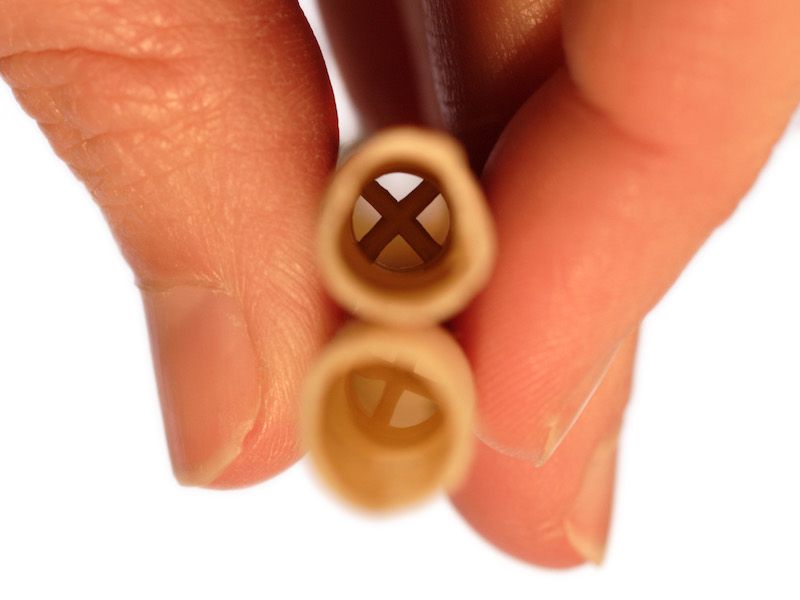
There’s a persistent belief in some groups that a practice known as “ear candling” is an effective way to minimize your earwax. Is ear candling effective and what is it?
Is Ear Candling Effective?
Spoiler alert: No. They definitely don’t work.
Why then, does this bit of pseudo-science keep finding its way into the heads of otherwise logical people? That’s a difficult question to answer. But although the sensible decision is quite clear, understanding more about the dangers of earwax candling will help us make an educated choice.
What is Earwax Candling?
So the basic setup goes like this: Maybe you’re not certain how to eradicate all your built up earwax. You know you aren’t supposed to use cotton swabs (which is good, cotton swabs are not an ideal way to clear out your ears, in general). So, after doing some investigate, you discover a method called earwax candling.
Earwax candling supposedly works as follows: By sticking a candle into your ear (wick side out), you create a pressure differential. This pressure differential then pulls the wax out. In theory, the pressure difference is enough to break up any wax that may be log-jamming in your ear. But this harmful practice is not a smart method of cleaning your ears.
Why Ear Candling Doesn’t Work
This practice has a few issues, like the fact that the physics simply don’t work. There’s just no way for a candle to generate that kind of pressure differential (and in order to move earwax around, that pressure differential would have to be quite substantial indeed). Also, a candle doesn’t possess the kind of seal required to hold pressure.
Now, the candles used in these “procedures” are supposed to be special. When you’re done with your fifteen minutes of ear candling, you can break apart the candle and, in the hollow, see all bacteria, debris, and wax that was in your ear. But the issue is you can find this same detritus in new unburned candles also. So this “validation” is actually nonsense.
Earwax candling has never been proven by science to have any benefit at all.
So Earwax Candling Doesn’t Work, But is it Safe?
What’s the harm in giving it a shot, right? Well, you’re asking for trouble anytime you get a hot candle around your ears. Look, it’s very possible that you could try ear candling and walk away completely unscathed. People do it all of the time. But that doesn’t imply there aren’t hazards involved, and it certainly doesn’t imply that ear candling is safe.
The negative effects of ear candling can include:
- Severe burns inside ear. When melted candle wax goes into your ear, it can result in extreme hearing problems and burns. This could permanently compromise your hearing in the most severe cases.
- Candle wax can also clog up your ear canal after it cools down. You could end up temporarily losing your hearing or even requiring surgery in severe cases.
- Whenever you’re messing around with an open flame, there’s a possibility that you might cause significant damage and put your life in danger. Seriously, you may burn your house down. Eliminating a bit of earwax isn’t worth that amount of risk and danger.
You Don’t Require a Candle to Keep Your Ears Clean
In most situations you won’t even need to worry about cleaning earwax out. That’s because the human ear is essentially a self cleaning system. But you may be one of those people who have an abnormally heavy earwax production.
If you do need to clean your ears out due to too much wax, there are scientifically-proven (and reliable) ways to do that properly. For example, you could get a fluid wash. Or you might see a professional who will be capable of using specialized tools to clean the excess wax or wax blockages out.
You should continue to stay away from cotton swabs. And you should also avoid using an open flame to clear out earwax. Earwax candling is a technique that has no benefit and will put your ears, and your entire person, at substantial risk of damage and injury. So maybe it’s time to put those special candles away.